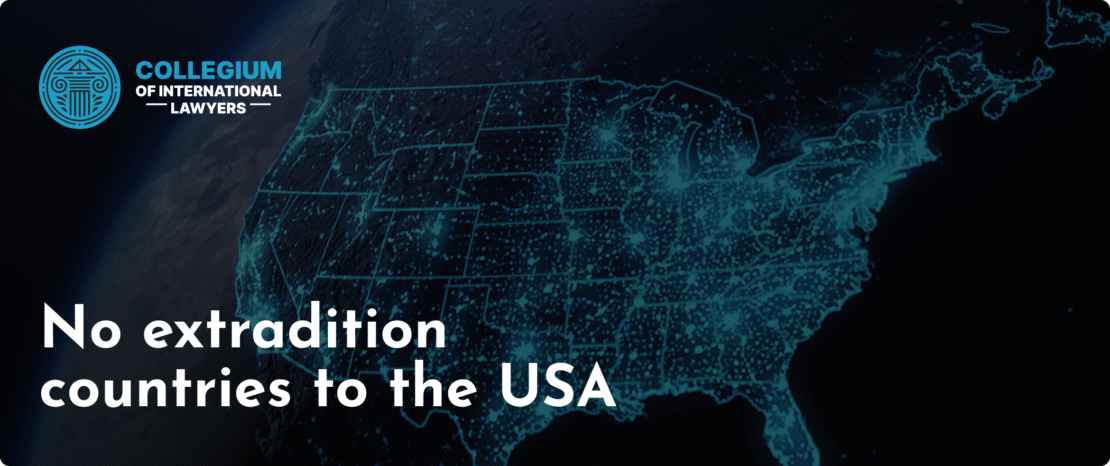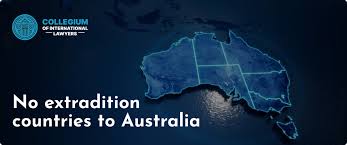
Understanding Interpol’s Role in Financial Operations Control
In an increasingly interconnected world, the flow of money transcends borders, leading to both legitimate commerce and illicit activities. As financial crimes evolve, so too must the strategies employed by international organizations to combat them. One of the key players in this arena is Interpol, an international police organization that plays a crucial role in coordinating financial operations control across nations. With the rise in transnational crime, Interpol financial operations control has become an essential part of managing global security challenges pertaining to finance.
Interpol’s financial operations control focuses on various aspects such as money laundering, financial fraud, and other financial crimes that threaten economic stability. By facilitating international collaboration and information sharing between law enforcement agencies, Interpol enhances the capabilities of its member countries to address and combat financial crime.
The Importance of Financial Operations Control
Financial crimes are disruptive not only at the individual level but also on a macroeconomic scale. Money laundering, for example, allows criminals to disguise the origins of illegally obtained money, leading to extensive financial networks that can power further criminal activities. Financial operations control is vital for preventing these activities, ensuring that financial systems remain transparent, fair, and accountable.
The need for effective financial operations control has been underscored by the growing complexity of financial crimes. Criminal organizations are becoming more sophisticated, often using advanced technologies and methods to evade detection. In response, law enforcement agencies must adapt and innovate their approaches to maintaining financial integrity.
Interpol’s financial operations control serves as a mechanism for fostering such adaptability. By centralizing information on financial crimes and trends, Interpol enables member countries to develop strategies that are responsive to emerging threats.

Interpol’s Framework for Financial Operations Control
Interpol employs a comprehensive operational framework to bolster its financial operations control. This framework consists of several key components:
- Data Sharing: Interpol facilitates the exchange of information regarding financial crimes across borders. By connecting law enforcement agencies globally, it enables a more cohesive understanding of criminal networks and methodologies.
- Training and Capacity Building: Interpol offers training programs for law enforcement personnel, enhancing their ability to detect and investigate financial crimes. These programs help develop a skilled workforce capable of tackling increasingly complex financial schemes.
- Partnerships: Interpol collaborates with other international organizations, governmental bodies, and financial institutions to create a unified front against financial crime. These partnerships enhance resources and allow for a more integrated approach to financial operations control.
- Technology Utilization: By leveraging advanced technologies, including data analytics and artificial intelligence, Interpol enhances its capabilities in monitoring financial transactions and identifying suspicious activities.
Challenges Facing Financial Operations Control
Despite its successes, Interpol faces certain challenges in its financial operations control efforts. One major hurdle is the varying levels of compliance and cooperation from member states. While some countries are proactive in addressing financial crime, others may lack the resources or motivation to engage fully with Interpol initiatives.
Additionally, as criminal organizations become more tech-savvy, they exploit gaps in regulatory frameworks, often operating in jurisdictions with lenient financial laws. This challenges Interpol to keep pace with evolving tactics employed by criminals, necessitating ongoing updates and improvements to their strategies.
Another significant challenge is data privacy and security. While sharing data is critical for effective financial operations control, it must be balanced with the need to protect individuals’ privacy rights. Interpol must navigate international legal landscapes to ensure compliance while still obtaining the information necessary for their operations.
Case Studies Demonstrating Interpol’s Impact

Numerous case studies highlight the impact of Interpol’s financial operations control. One such case involved the takedown of a multinational money laundering network that spanned several continents. Through coordinated efforts, member countries were able to trace illicit funds and freeze assets, effectively dismantling the operation.
Another notable instance involved the collaboration between Interpol and the World Bank, where joint tasks focused on identifying financial fraud stemming from development aid. This partnership led to the recovery of millions of dollars that had been misallocated, showcasing how proactive financial operations control can protect essential resources.
These examples illustrate the effectiveness of Interpol’s financial operations control, emphasizing the importance of global cooperation in combating financial crimes. The success of these operations highlights the need for continued investment in resources and collaboration among nations to ensure financial systems remain secure.
The Future of Financial Operations Control
As financial crimes continue to evolve, so too must the approaches employed by organizations like Interpol. The future of financial operations control will likely see an increased reliance on technology-driven solutions, enhancing speed and efficiency in tracking financial transactions and identifying suspicious activities.
Moreover, ongoing international collaboration will be paramount. As global commerce remains interconnected, the fight against financial crime will require a coordinated response that transcends national borders. New regulations, unified standards, and enhanced transparency will be critical to staying ahead of criminals.
Furthermore, public awareness campaigns may play a significant role in financial operations control. Educating individuals and businesses about the tactics used by financial criminals can empower them to protect themselves and report suspicious activities, thereby strengthening the overall financial system.
In conclusion, Interpol’s financial operations control is a vital component of global security efforts. By continuously adapting to emerging threats and fostering international collaboration, Interpol will remain at the forefront of the battle against financial crime, ensuring that financial systems worldwide remain robust and secure.

